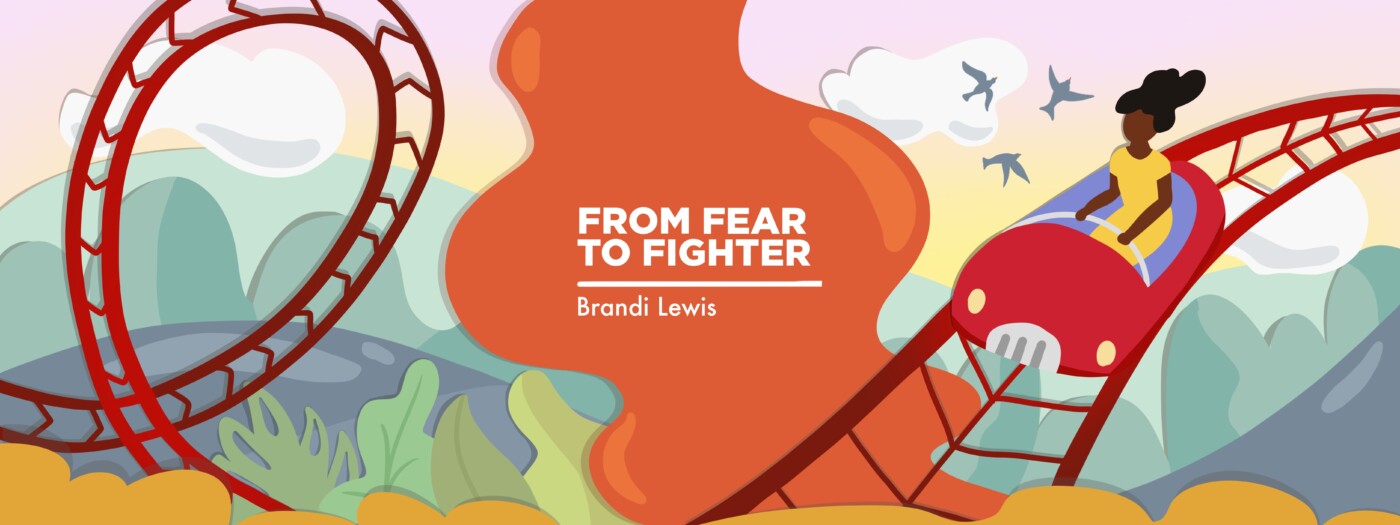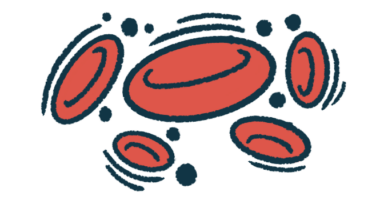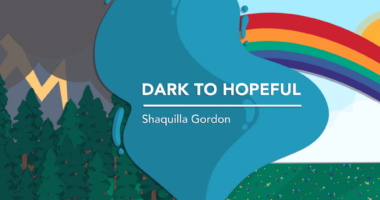Here’s how 3 resources helped me understand my PNH diagnosis
Events, support groups, and a foundation make a difference in my health battle

I’ll never forget the confusion and fear that began to take over my body when I heard the words “You’ve been diagnosed with PNH,” or paroxysmal nocturnal hemoglobinuria. It was 2016, and not only was I told I’d have to battle this illness, but I’d also been diagnosed with aplastic anemia for the second time, after years in remission.
My mind swirled with questions. I feared the unknown and the struggle ahead. In the beginning, I didn’t research PNH because I wanted to protect my mind, so my caregivers researched on my behalf. Since only 400 to 500 people are diagnosed each year in the U.S., I wasn’t surprised to find out there wasn’t much information available.
I had a major turning point, however, when I built great relationships with others who’ve dealt with PNH. The resources my caregivers and I found led me to become part of the PNH community, and the positive interactions there helped me keep fighting. I learned an important lesson in those groups: It’s less lonely to take on chronic and rare diseases when you can converse with others about the issues that come with those conditions.
Following are some resources that have helped me understand PNH.
PNH support groups
Facebook offers wonderful PNH support groups that have given me access to a community of patients and caregivers. I’ve met newly diagnosed patients and patients who’ve lived with PNH for years, as well as folks in between. These groups give me a safe space to voice how I’m feeling and, through the replies, get a large amount of support.
I’m also able to encourage others who may need it. Many patients’ posts ask for another perspective, and I love seeing the responses, as well as sometimes adding my own. I’m so appreciative to have a space to speak with others; it gives me a sense of calm.
AA & MDS International Foundation
The Aplastic Anemia and MDS International Foundation (with the MDS standing for myelodysplastic syndrome) provides support for PNH patients, too. Its website includes information on PNH diagnosis and other patient stories, as well as financial support opportunities, which benefited me when I first traveled to visit my PNH specialist.
The foundation also provides access to webinars and virtual meetings in which doctors give patients expert advice. What’s more, foundation representatives helped me gather a plethora of information on my diseases. The foundation also understands how to boost awareness of both of my blood disorders.
Patient educational events
Patient and caregiver educational events, some sponsored by pharmaceutical companies, are another way I’ve built relationships with other PNH patients. These events are held throughout the year and around the country, letting participants learn more from other patients, caregivers, and sometimes doctors.
I’ve left every event I attended with answers to questions I felt my doctors didn’t explain in detail: How did you have kids while on PNH medicine? How did you find your PNH specialist? What’s it like living with PNH for 15 years? How did your condition change your relationship with friends and family?
I always leave the events feeling calm and peaceful about how my illness could look in the future.
These three resources changed my battle for the better. They were the starting point, an open door leading to useful information. If you’re having a hard time finding resources, I hope these three lead you down the best rabbit hole.
Note: PNH News is strictly a news and information website about the disease. It does not provide medical advice, diagnosis, or treatment. This content is not intended to be a substitute for professional medical advice, diagnosis, or treatment. Always seek the advice of your physician or other qualified health provider with any questions you may have regarding a medical condition. Never disregard professional medical advice or delay in seeking it because of something you have read on this website. The opinions expressed in this column are not those of PNH News or its parent company, Bionews, and are intended to spark discussion about issues pertaining to paroxysmal nocturnal hemoglobinuria.








